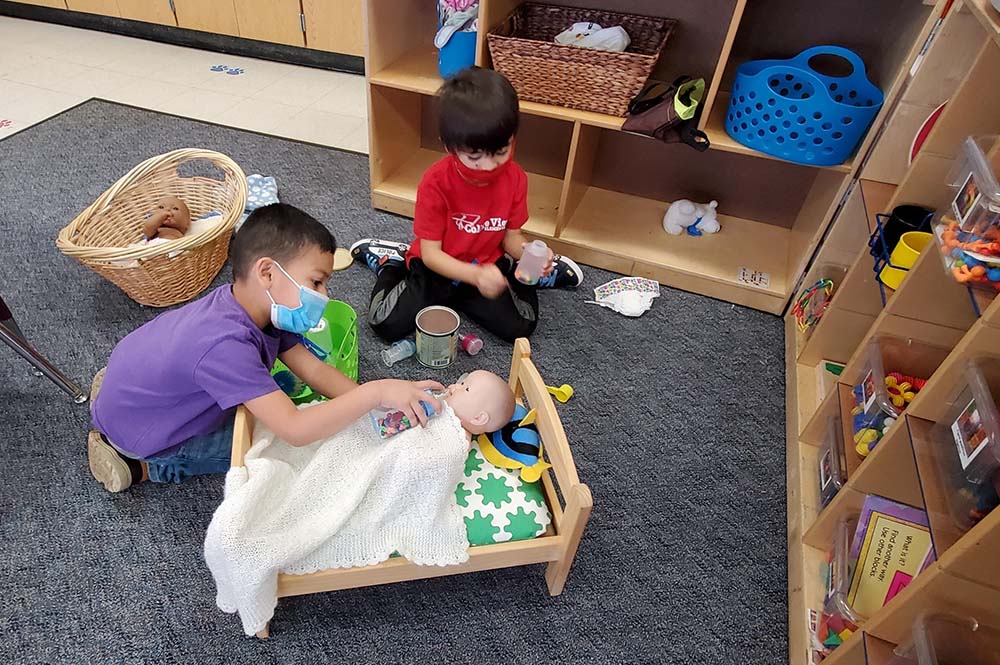



How can schools focus not just on what students learn, but also on how students learn? A growing cadre of schools and districts across the nation are turning to interventions rooted in brain science to complement or replace core curricula. Like warm-ups and workouts that stretch and strengthen key muscles, these interventions are less about content and more about fortifying the underlying neurological capacities of students.
Key insights from recent research are now being turned into learning resources used in classrooms. Some programs target a related set of cognitive processes, known as executive function (EF), that are essential to learning. A variety of EF programs, including computerized games, comprehensive curricula, and mindfulness exercises, have been shown to strengthen key learning pathways. While all students can benefit from these programs, because of a strong connection between trauma, poverty, and compromised executive function, students in schools and districts in areas of concentrated poverty may benefit the most from targeted EF programs.
This report, researched and written by education consultant Sarah Lohnes, sets out to understand the potential for EF training programs to support students in Baltimore City Public Schools. Drawing from interviews with program developers and administrators in Baltimore and other districts, the report examines the use of three evidence-based and promising EF programs as described in a 2019 BrainFutures report: ACTIVATE™, Tools of the Mind, and Holistic Life Foundation’s Stress Reduction and Mindfulness Curriculum, now called Mindful Moment.
While only a small subset of Baltimore schools are implementing these three programs, other districts nationally are delivering them at greater scale. This report includes insights from Baltimore City and those other districts as a way to imagine the impacts and challenges of implementing executive function programs at greater scale in Baltimore. The report findings describe what the programs look like in action, how districts are using them, what teachers and administrators think, and how they are making a difference. The report also makes the following recommendations to scale EF programs across the district: